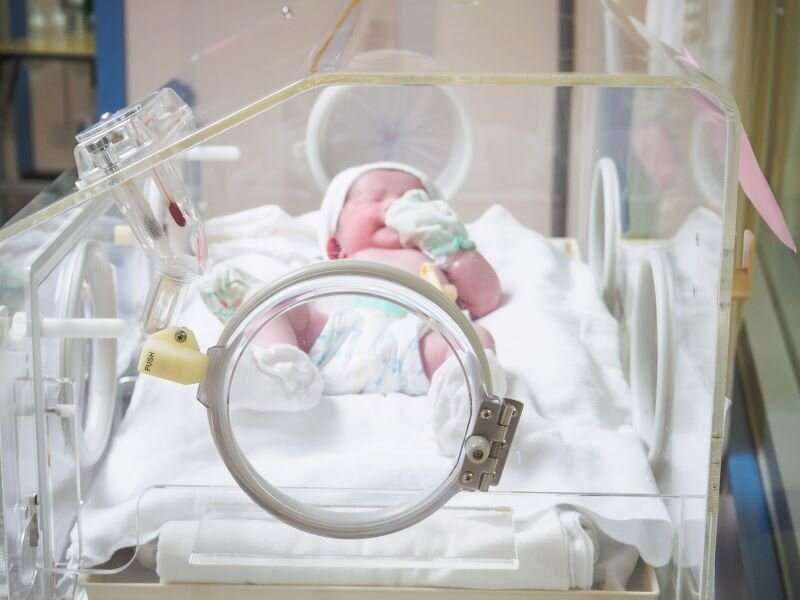
For babies under 8 kg requiring renal replacement therapy, a novel hemodialysis device, the Newcastle Infant Dialysis Ultrafiltration System (NIDUS), delivers accurate, controllable fluid removal and adequate clearance, according to a study published online March 9 in Pediatric Critical Care Medicine.
Heather Lambert, Ph.D., from the Newcastle Upon Tyne Hospitals NHS Foundation Trust in the United Kingdom, and colleagues compared NIDUS with the current options of peritoneal dialysis (PD) or continuous venovenous hemofiltration (CVVH) in a nonblinded, cluster-randomized trial. A total of 97 babies less than 8 kg requiring renal replacement therapy for fluid overload or biochemical disturbance were recruited from six pediatric intensive care units (35 intervention, 62 control).
The researchers found that ultrafiltration with NIDUS was closer to that prescribed than with controls (standard deviation, 2.95 versus 18.75 mL/hour; adjusted ratio, 0.13). The smallest and least variable creatinine clearance was for PD; clearance was larger for NIDUS, and largest for CVVH. In all groups, adverse events were reported. Mortality was lowest for PD, highest for CVVH, and intermediate for NIDUS in this critically ill population with multiple organ failure.
“The results show that the intervention device, NIDUS, works effectively, delivering appropriate blood clearances and accurate, controllable fluid removal, with an appropriate safety profile, indicating that it has an important place alongside other dialysis modalities in the management of babies with renal failure,” the authors write.
Elana Gotkine

